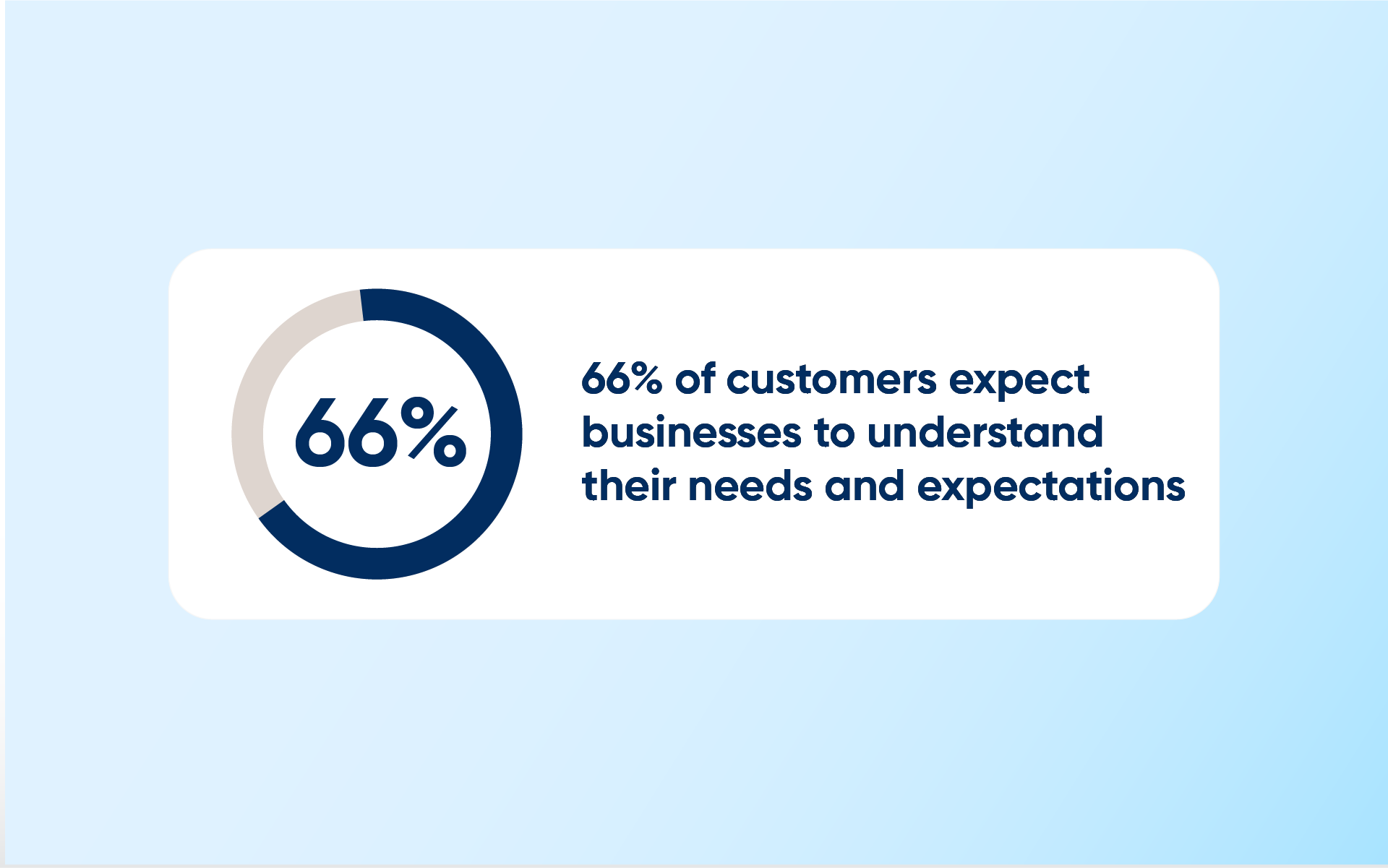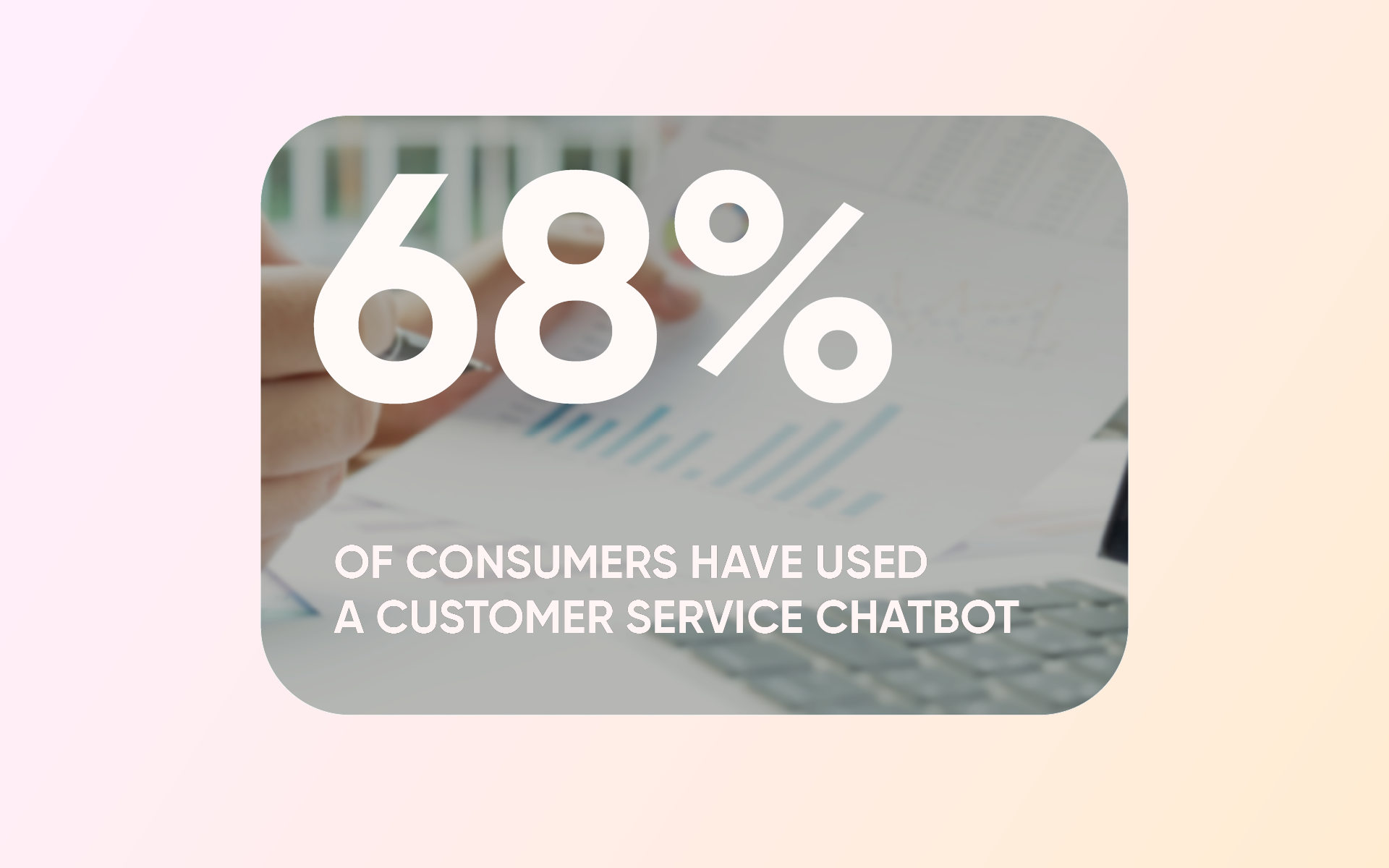With artificial intelligence (AI), you don't have to spend hours on routine activities. AI technology is changing the way businesses work today. AI can automate repetitive tasks, deliver highly personalized experiences, and provide accurate predictions. Finally, you can free yourself for more complex tasks. Let's take a look.

Table of contents:
How to Use AI in CRM?
Provide a Highly Personalized Experience
Deliver Personalized Marketing Campaigns
Analyze Customer Sentiment
Sales Forecasting
Automate Lead Scoring
Automate Administrative Tasks
Predict Customer Churn
Implement Automated Customer Support
Predict Future Trends with Predictive Analytics
Benefits of AI Enabled CRM
What is the Best AI CRM Tool for You?
What Should You Consider When Integrating AI in CRM?
Will You Integrate?
How to Use AI in CRM?
When used with customer relationship management (CRM) systems, AI can gather, organize, and share important data faster and more accurately. It helps find patterns in customer data. This leads to more personalized interaction and better customer experiences.
Provide a Highly Personalized Experience
So, how does AI affect personalization? It creates a highly personalized experience by giving tailored recommendations. And content based on customer's needs.
You have probably heard of Netflix or Amazon. Both are great examples. They increase engagement and sales by using data to offer personalized experiences. And they are also building stronger customer loyalty by doing so.
Did you know that 66% of customers expect businesses to understand their needs and expectations?
AI integrated into CRM can create a highly personalized experience for each customer. This helps increase engagement and improve the experience. And build long-term customer loyalty.
Don't forget the need for a robust data foundation when delivering a personalized experience.

Deliver Personalized Marketing Campaigns
Use AI-powered CRM software for customer segmentation based on their behavior and preferences and deliver targeted marketing campaigns.
Provide each customer with content that meets their needs. And see how it increases engagement and conversion rates.
Analyze Customer Sentiment
Have you ever thought about what your customers think about your brand? Sentiment analysis inspects digital text. Then, find whether the emotional tone is positive, negative, or neutral.
AI can design responses that fit customer emotions by analyzing the tone of voice or word choice. This leads to more empathetic interactions.
For example, McDonald's inspect many reviews and social media posts so they know what to improve. Can you imagine the amount of data that needs to be processed? This is where sentiment analysis using AI comes in for them. The model finds specific keywords on a review or social media mentions within a particular context.
Using AI-based CRM software, you can analyze customer feedback, reviews, or social media posts. This will help you better understand your audience. And leads to improved customer satisfaction. It also reveals areas that need improvement.
You can even analyze email tonality and deliver more empathetic and supportive responses. Sentiment analysis also contributes to protecting and improving the reputation of your brand.
Sales Forecasting
When it comes to the process of sales forecasts, it can be time-consuming. Sales forecasting helps you predict future demands for your product or service.
How does it work? AI analyses sales history, market trends, and customer behavior. Based on this, it predicts recent and future sales.
What are the benefits? AI can help you make better decisions and provide better marketing strategies. Also, smooth your inventory management and product launches.
Automate Lead Scoring
Target your most promising lead by automating lead scoring. Based on their actions, behavior, or traits.
How exactly does it work? Some AI CRM tools will evaluate how likely a lead is to convert. Using factors like interest and engagement of the lead. This helps sales teams identify the best potential prospects and increase conversion.

Automate Administrative Tasks
Simplify your work with an AI-powered virtual assistant. When integrated into your CRM, AI can help summarize comprehensive emails or suggest tasks based on their content.
You can significantly decrease human error by automating administrative tasks with AI. More efficient teamwork is a plus.
Predict Customer Churn
Did you know that over half of customers will switch to a competitor after just one bad experience? This is where AI can help by predicting which customers are likely to leave.
Then, you can apply the right customer retention strategies. And prevent customers from leaving. Using an AI CRM platform can also help by personalizing offers to keep them engaged.
Implement Automated Customer Support
AI-powered chatbots and virtual assistants can provide solutions for a better customer experience. Chatbots are software programs that use natural language processing (NLP).
The software understands and responds to human speech or writing. It helps lower response times. It also allows customer support teams to focus on more advanced tasks. Using a multi-agent framework makes this even stronger, as multiple agents can work together to classify queries, recognize intent, and manage escalations more efficiently.
Automated customer support offers instant responses. It can handle common customer queries and helps businesses reduce their workload. And while it is available 24/7 and response time is faster, it increases customer satisfaction.
When connected to CRM, chatbots can gather valuable data about customer behavior. It helps businesses address customer pain points and improve their experience.

Predict Future Trends with Predictive Analytics
Predictive analytics is a mathematical model that makes predictions based on data learning. This allows you to track future trends related to your target market accurately. AI can also handle large volumes of data. Let’s look at a use case.
L’Oréal can predict trends in the cosmetics market at least six months ahead. The brand uses Synthesio's AI platform, which gathers data from over 3,500 online sources. By analyzing this data, L’Oréal can spot future trends in cosmetics.
Predictive analytics in CRM can give insight into customer behavior and preferences. AI-powered CRM can predict future customer behavior. And help adjust marketing and sales strategies. Based on the analysis of historical customer data.
Predictive analytics can even identify customer churn. And it does this by detecting changes in buying frequency.
Benefits of AI-Enabled CRM
- 24/7 customer support. Customers can get help even after office hours when businesses use chatbots.
- Improved team productivity. Automate tasks, use customer support chatbots or automate data analysis. All of this allows team members to focus on more advanced tasks.
- Reduced human error. Automation of repetitive tasks helps decrease the possibility of human error.
- More accurate sales forecasting. AI offers more accurate sales predictions while reducing human error. As a result, sales teams can make better data-driven decisions.
- Increased conversion rates. Analyzing lead scoring using AI is more accurate than traditional methods. It favors the most valuable leads and maximizes conversion.
- Better customer experience and reduced customer churn. AI-driven CRM provides teams with insights that help them make more informed decisions. Based on past interactions and behavior analysis. That leads to better customer experience and reduces churn.
- Increased customer loyalty with personalization. Customers are loyal to brands that offer experiences tailored to them. Personalization encourages customers to repeat purchases, which leads to higher customer retention.
- Saved time. AI handles repetitive tasks and helps with time-consuming analyses. Teams can then spend their time on more complex tasks.
- Reduced cost. Businesses can act strategically and make more informed decisions by providing real-time data. This leads to reduced costs.
What is the Best AI CRM Tool for You?
When choosing the best CRM with AI, consider your business needs. And how well it will work with your existing systems.
Do you want to predict sales more accurately with a reduced need for human interaction? Or automate customer support? Be clear about your goals and know what challenges you need to solve. Then, you can tool the right solutions.
Are the tools user-friendly? If you offer too complex solutions, it may have the opposite effect than you would like. Always consider the technical background of the target group and deliver appropriate solutions.
You can even consider providing tutorials and customer support. And help create a better user experience.
Is it aligned with your specific workflows, preferences, and future needs? Also, consider its scalability. Whether the AI tool can handle more interactions and data as you grow. To ensure your AI tools align with business processes and future growth, AI agent development enables seamless integration with workflows, enhances decision-making, and supports scalable operations.

What Should You Consider When Integrating AI in CRM?
- AI vs. Human Service - There is a fine line between when AI helps and when it hurts. Beware of highly automated services. In that case, customers may feel disconnected from your brand.
- Data privacy - Keep the sensitivity of customers' personal data in mind. You should inform your customers about using and storing their data. Also, store data securely and collect it legally.
- Training – Train and motivate your employees to use CRM with AI features. And maximize its potential.
Will You Integrate?
Almost 80% of American consumers say speed, convenience, and helpful, friendly support are key to a great customer experience.
As customer expectations grow and personalization becomes more important, AI tools become essential for managing data. You can better use your CRM data by integrating AI with CRM systems. And provide the customer experience people expect.










